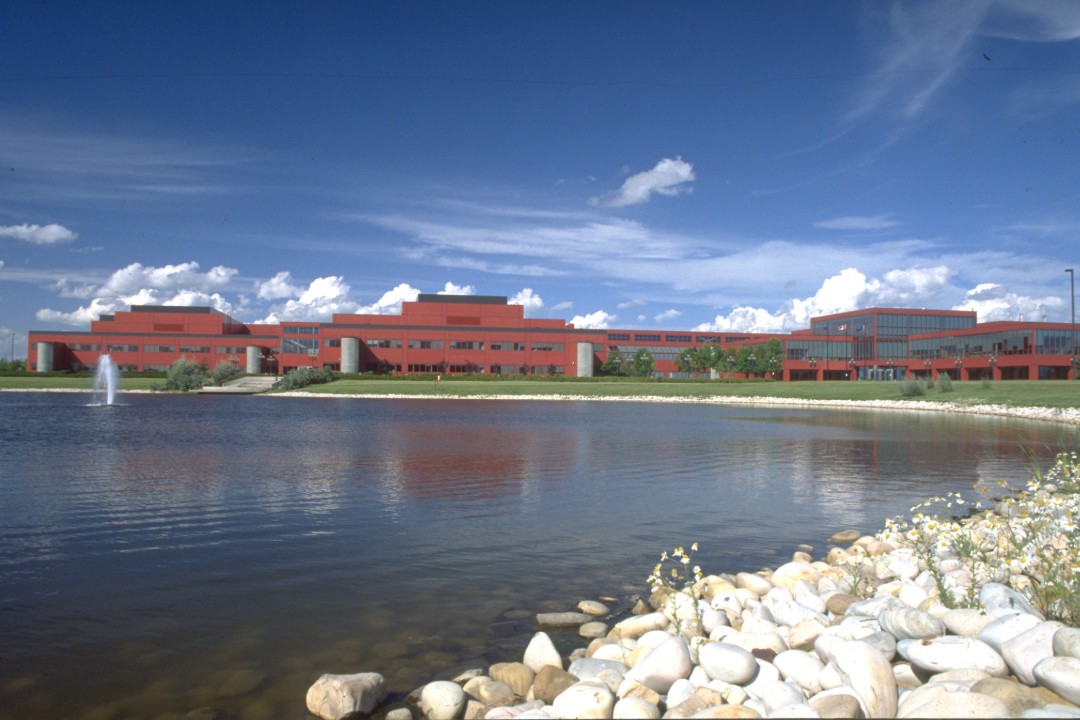The head of Entos Pharmaceuticals said a new hub that will enable research and development and biomanufacturing will help keep biotechnology talent in the Edmonton region.
"This for us is a big win, because we've trained amazing scientists, and we create amazing (intellectual property) and innovation, but a lot of it ends up getting sucked into other jurisdictions like the U.S., because that's where the investment has been," John Lewis, CEO of Entos, told Taproot. The facility is supported by a $62-million investment from the federal government and $15.5 million from the province. "This investment by the federal government and the provincial government is a sign and a great first step in establishing this very high value industry in Canada."
Another Edmonton entrepreneur, Sam Jenkins of Punchcard Systems, sounded this alarm shortly after the inauguration of United States President Donald Trump. Jenkins said that tech employs nearly 11% of Canada's economic engine, but the industry lost close to 1,800 people to the U.S. in the past year. The Canadian tech industry is being squeezed by Trump's moves and is unable to match pay perks offered by U.S. companies, and Trump's trademark uncertainty about policy decisions has already inflicted damage, Jenkins said.
The U.S. tariffs, Canada's counter-tariffs, and the threat of additional tariffs have highlighted the need for Canada to be self-sufficient, and the domestic manufacturing of medicines is a key part of that, Lewis said. He added that the impact of tariffs on the pharmaceutical industry is not entirely clear. "I think we're still waiting to figure out exactly what the impact will be, but certainly companies making medicines are thinking about this and are extremely concerned," he said. "In this political climate, who knows what's going to happen or how these things are going to evolve?"
Entos, which develops genetic medicines, has identified a site at the Edmonton Research Park that will "most likely" be where the facility is constructed beginning by the end of 2025, Lewis said. "We expect to have a fully commissioned facility sometime in 2029."
The commercial manufacturing section of the facility will provide capacity in the case of a pandemic, Lewis said, while scientists in the research and development hub will develop Entos's Fusogenix PLV technology for the treatment of cancer and rare genetic diseases like congenital lipodystrophy, Stargardt disease, and Duchenne muscular dystrophy.
The Edmonton Research Park is home to several life sciences and health innovation organizations, including Applied Pharmaceutical Innovation, which started construction on its own manufacturing facility, the Critical Medicines Production Centre, in 2024. Lewis said the Entos facility isn't being built in formal collaboration with API, "but certainly we're aware and working with that group. Areas where we can find synergy and alignment, we'll be working together."
API's facility is on track to be completed in 2026, a spokesperson told Taproot. API recently opened renovated spaces at its scale-up incubation facility, the Biotechnology Business Development Centre, and welcomed Nanostics as a tenant.

